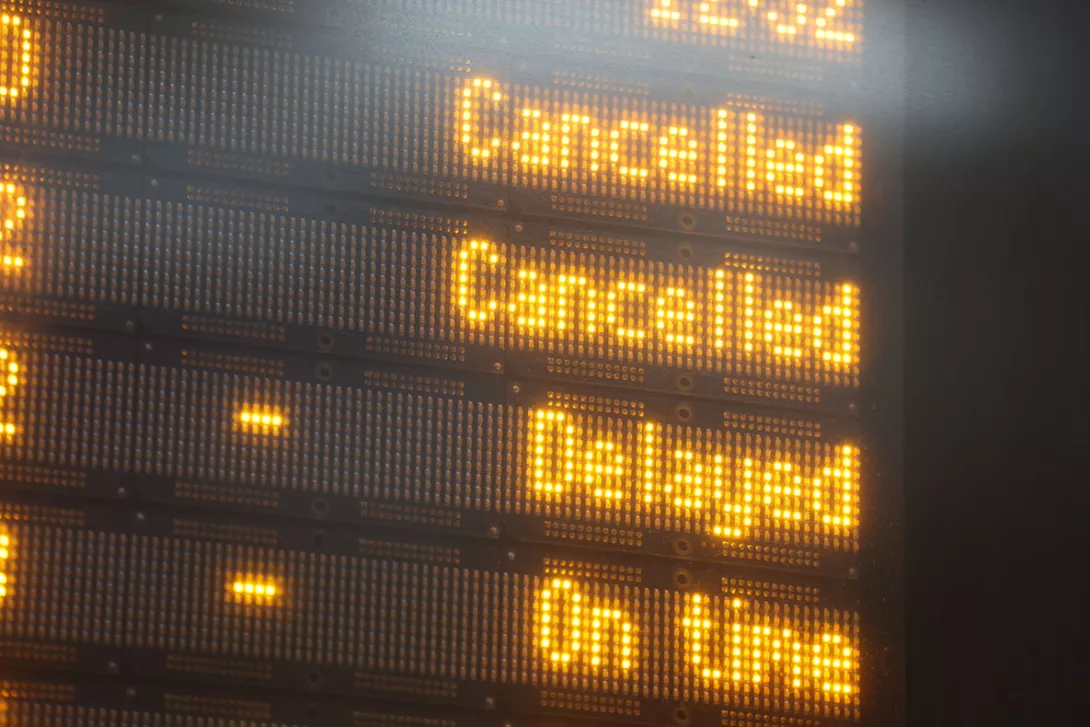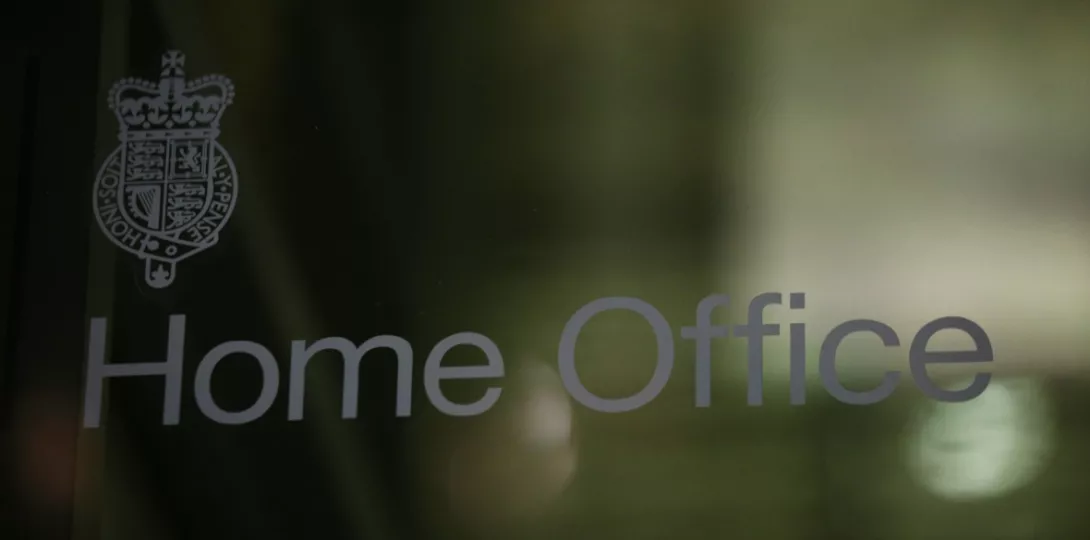Labour needs ‘solid plans’ for disabled workers as pay gap unchanged for ten years, TUC says

LABOUR must produce “solid plans” for bosses to tackle disability discrimination, the TUC said today after official figures revealed that the pay gap has remained “stubbornly high” for 10 years.
Campaigners responsed to the “very disappointing” data from the Office for National Statistics (ONS) by questioning the government’s approach to forcing disabled people into work.
The ONS analysis found that disabled workers are likely to earn on average £2 less an hour than their non-disabled counterparts and that the pay gap has “remained broadly stable” since 2014.
More from this author

Palestine Solidarity Campaign director Ben Jamal denies breaching anti-protest laws
Similar stories

Campaigners urge Labour to invest in NHS to tackle rising levels of long-term illness














